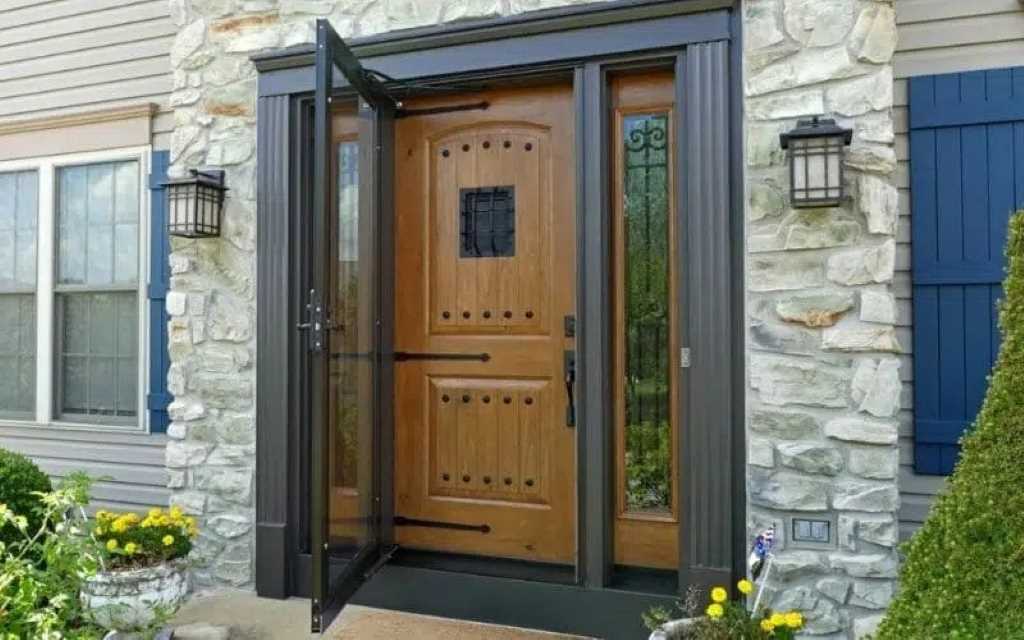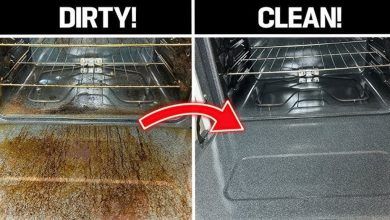
Unlocking Durability: The Ultimate Guide to Storm Door Materials
When it comes to protecting your home’s entryway from the elements, a storm door is an invaluable investment. But not all storm doors are created equal. The choice of materials plays a pivotal role in determining their longevity, performance, and overall value. In this comprehensive guide, we’ll delve into the best materials for storm doors, helping you make an informed decision that stands the test of time.
1. Aluminum: The Reigning Champion of Durability
Aluminum storm doors have long been the go-to choice for homeowners seeking a blend of durability, affordability, and low maintenance. Their resistance to rust and corrosion ensures they won’t succumb to moisture damage, making them ideal for regions with high humidity or frequent rain.
Pros:
- Lightweight: Easy to install and operate.
- Variety of Finishes: Available in a range of colors and textures to match your home’s aesthetic.
- Dent-Resistant Options: Thicker-gauge aluminum offers enhanced protection against impacts.
Cons:
- Can Dent: Thinner-gauge aluminum may dent under heavy impact.
- Conducts Heat and Cold: Not the best insulator compared to other materials.
Ideal For: Homes in temperate climates with moderate weather conditions.
2. Fiberglass: The Unbeatable Weather Warrior
Fiberglass storm doors have gained popularity due to their exceptional durability and ability to withstand extreme weather conditions. They resist warping, cracking, and fading, making them an excellent choice for regions prone to harsh sunlight, heavy snowfall, or temperature fluctuations.
Pros:
- Low Maintenance: Requires minimal upkeep.
- Energy Efficient: Offers superior insulation compared to aluminum.
- Resists Fading and Discoloration: Maintains its appearance over time.
Cons:
- More Expensive: Typically pricier than aluminum doors.
- Limited Design Options: May not offer the same variety of styles as other materials.
Ideal For: Homes in regions with extreme weather conditions, including high winds, heavy snow, or intense sunlight.
3. Vinyl: The Affordable and Versatile Contender
Vinyl storm doors are a budget-friendly option that provides decent durability and insulation. They are resistant to moisture, insects, and rot, making them a practical choice for homeowners seeking a low-maintenance solution.
Pros:
- Cost-Effective: One of the most affordable storm door materials.
- Variety of Styles: Available in various colors and designs.
- Low Maintenance: Easy to clean and care for.
Cons:
- Less Durable: May not be as impact-resistant as aluminum or fiberglass.
- Can Fade Over Time: May require occasional refinishing to maintain its appearance.
Ideal For: Homes in mild climates with moderate weather conditions and those seeking a budget-friendly option.
4. Wood: The Timeless Classic with a Catch
Wood storm doors exude charm and warmth, adding a touch of elegance to any entryway. However, they require more maintenance than other materials and are susceptible to moisture damage, rot, and insect infestations.
Pros:
- Aesthetic Appeal: Offers a classic and timeless look.
- Can Be Customized: Can be painted or stained to match your home’s style.
Cons:
- High Maintenance: Requires regular painting or staining to protect against the elements.
- Susceptible to Moisture Damage: Can warp, rot, or become infested with insects if not properly maintained.
Ideal For: Homes in dry climates with homeowners willing to invest in regular upkeep.
Making the Right Choice: Factors to Consider
Choosing the best material for your storm door involves weighing several factors:
- Climate: Consider your region’s typical weather conditions, including temperature fluctuations, humidity, sunlight exposure, and precipitation.
- Budget: Determine your budget and prioritize features accordingly.
- Style: Choose a material and design that complements your home’s architecture and aesthetic.
- Maintenance: Consider how much time and effort you’re willing to invest in maintaining your storm door.
In Conclusion
Your storm door is your home’s first line of defense against the elements. By choosing the right material, you can ensure its longevity, performance, and overall value for years to come.
Remember, the best storm door materials for your storm door is the one that aligns with your specific needs, budget, and preferences. By considering the information in this guide, you’ll be well-equipped to make an informed decision that enhances your home’s curb appeal, energy efficiency, and security.




